“TRAUMA CREATES CHANGE YOU DON'T CHOOSE. HEALING IS ABOUT CREATING CHANGE YOU DO CHOOSE.”
— MICHELLE ROSENTHALL
MY CLINICAL APPROACH
Giuseppe is a highly experienced therapist who believes in an eclectic approach that meets each individual client where they are. He firmly believes in setting goals collaboratively within a non-judgmental, empathetic framework. By working closely with his clients and drawing on years of expertise, Giuseppe is able to help them achieve the positive change and healing they desire.

first responders
Over the years, I have realized that First Responders come to see me, so I can be the psychological toxic spill dispersant who can absorb and empathize with the guilt, shame, sense of powerlessness, hopelessness and pain without getting enmeshed. I will not avoid talking about their traumatic experiences because they are "real" and did happen. I will be there and mindfully listening to your pain without evading it.
GETTING TO KNOW ME
Giuseppe Parziale is a Registered Psychotherapist (Qualifying) with the College of Registered Psychotherapists of Ontario with an extensive clinical background in Psychology from Italy, and he completed a Master's Degree in Counselling Psychology at Yorkville University. Giuseppe's level of education from Italy entails a Bachelor of Science in Psychobiology and Cognitive Psychology and a Master of Science in Cognitive Psychology and Neuroscience from the University of Padua, a post-graduate diploma in Forensic Science from CIELS campus affiliated with the University of Padua. He received a full equivalency of his foreign studies through the School of Continuing Studies at the University of Toronto.

The Importance of Metaphoric Language in Therapy
Since counselling involves supporting clients in learning and understanding so they can make changes that enable them to reach their goals, I firmly believe that the use of metaphors within the therapy room is crucial to support individuals to connect with something more pragmatic and emotionally inspiring. Therefore, Metaphors are not simply linguistic or literary devices; they play an important role in learning and cognitively organizing an understanding of the world (Aragno, 2009; Evans, 2010).
“Metaphor provides an altered frame of reference that allows the client to entertain novel experience without physiological hyperarousal and attending negative affect.” In layman’s terms, this means that speaking in metaphor allows a traumatized individual to talk about what happened without being re-traumatized by the memory of the event.
-
You can’t choose the canvas or paint in life, but you decide the picture you’ll paint.
Problems in life are like bad smells; you can attempt to mask them or cover them up, but you have to remove the source before they can truly go away.
-
If you hang out in a barber shop long enough, you’ll end up getting a haircut.
When you resent someone, it’s like drinking poison and expecting them to die.
Addiction is like a tornado, ravaging everything in its path. After the storm, it’s time to rebuild. It won’t look exactly the way it did before the tornado hit… but there’s potential for things to be even better.
-
Life is like a heart monitor; there are ups and downs. If it goes flat, you’re dead.
Repressing anger is like stuffing trash in a garbage can. Eventually, it’s going to spill over if you don’t take out the trash.
Worrying is like riding a stationary bike; you can peddle as hard as you can, but you’ll never get anywhere.
-
“Imagine that you’re standing in a swimming pool. With one hand, you’re holding a beach ball underwater. This beach ball represents something that you’ve been actively avoiding or repressing, like an unwanted emotion (e.g., shame, fear, or anger), life experience (e.g., criticism or social rejection), etc.
As long as you can hold the ball underwater, the surface of the pool is smooth and serene. Life is good.
But your actions in the pool are limited. You can’t move around easily. You only have one arm free. And you can’t hold the ball underwater forever. At some point, you lose your grip, and the ball comes rocketing to the surface, making a big wet mess. When this happens, you frantically try to shove the ball underwater again as soon as possible. This will make the waves subside in the short term. It also ensures that you’ll continue to be stuck in the same place.”
https://tinyurl.com/8btefq16(SOURCE) Power Therapy metaphors – analogies in counselling
Mindremakeproject.org
-
In-person and remote options
My office space at 23 King Street West, Bolton, ON, L7E 1C7, is now open for bookings. I am using a user-friendly booking system called Jane, which facilitates online booking and allows you to see my calendar availability. Each session will be 50 minutes long and can be done in person or remotely, depending on your needs and preferences. Although my personal preference goes towards in-person sessions, at this time, this service is limited to certain hours and days. If you have any further questions or would like to inquire further, please send me an email.
Our services
-

individual Therapy
-

Group therapy
-

workshops






